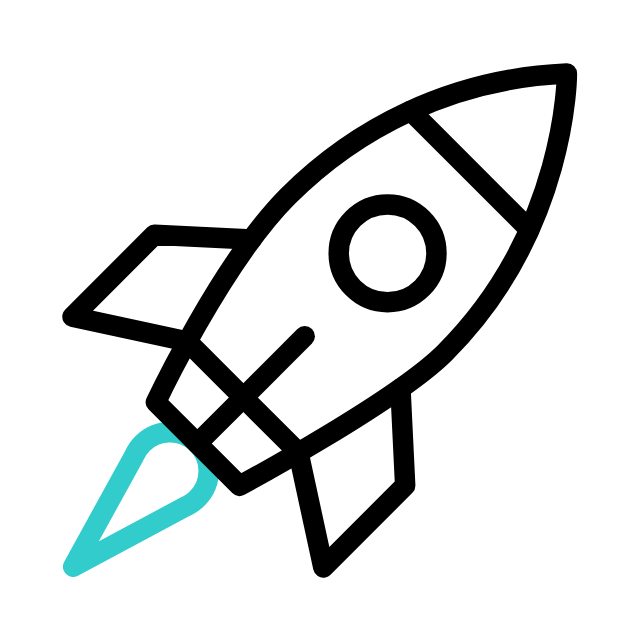When I was little, I wanted to be an inventor. I was fascinated by electronics, machines, planes, rockets... I was the kind of little boy who put together an alarm system for his room with the pool alarm and took apart the hair dryer to create a small snow blower. The first time I knew what I was going to do in my life was in 1995, after seeing the film Apollo 13: the story of the greatest rescue in human history.

These were three astronauts, who took off on April 11, 1970 towards the moon, with the aim of becoming the third team to set foot on the lunar surface. On the second day, 320,000 kilometers from earth, an oxygen tank explodes: “Ah, Houston, we've had a problem”.
Take two minutes to put yourself in the shoes of the astronauts. You take refuge in the lunar module and you cut the power to save the batteries. It's dark, all your navigation instruments become useless. It's starting to get cold. Your only way to survive is to orient yourself with sunlight, use the lunar module's thrusters to enter the lunar orbit to gain enough speed to then return to earth. Completely crazy.
Day after day, CO2 levels begin to rise in the lunar module, the astronauts are literally suffocating. Imagine the pressure of the engineering team on Earth. Finding a solution to adapt the CO2 filters, as quickly as possible, with the equipment on board the shuttle[1]. No room for error, the lives of the crew are literally in your hands.
For a little 11-year-old inventor, it was impossible not to come out of this film with a clear career plan: “Later, I’m going to be an aeronautical engineer!” I don't remember exactly what made me slowly gravitate towards medicine, but it was probably the realization that the day-to-day life of an aeronautical engineer isn't really about saving lives by MacGyvering something with duct tape! ;-)
Honestly, I had mostly forgotten about all of that. I started studying medicine in 2002 and fell in love with the profession of emergency medicine. I devoted all my energy to trying to become the best emergency doctor I could be. I also put aside my inventor soul. It's hard to have passions outside of emergency medicine, the responsibilities are so great that there isn't much room for anything else.
In February 2024, when we won the Canadian Space Agency's Deep Space Healthcare Challenge[2], all those old memories came flooding back. Looking back, it's funny how emergency medicine resembles the scene from the movie Apollo 13. In fact, when you think about it, it's the very definition of resuscitation: finding a solution to a complex problem. as quickly as possible, with limited resources, with no room for error knowing that a human being's life is at stake.
We are currently living in an extremely exciting era. After a break of several years, the international community is finally mobilizing to explore space. We want to set foot on the moon again, create a lunar space station[3] and ultimately visit the planet Mars[4]. The challenges associated with these ambitions are completely unreasonable and borderline achievable.
I have always had something for unreasonable challenges. By talking with the team at the Canadian Space Agency, our whole team started to dream bigger. Maybe EZResus is the start of something much more ambitious? Imagine being able to talk to EZResus, be guided through an augmented reality procedure, having an instant response to your questions, diagnostic support... (!)
This crazy vision is A.D.A.M.S.[5], a medical assistant that can guide people in the field autonomously, whether they are on Mars or on Earth. Two months ago, our first prototype was successfully tested in a parabolic flight. Our goal for the next year is to get ready to test this prototype on the International Space Station in 2025.

Is this crazy? Yes.
Is this feasible? Who knows.
Will we give everything we've got to find out? That, you can be sure of.
Frederic, CEO and co-founder of EZResus
References
2. https://impact.canada.ca/en/challenges/deep-space-healthcare-challenge
3. https://www.nasa.gov/mission/gateway/
4. https://www.space.com/spacex-starship-mars-launches-2026-elon-musk
5. ADvanced Astronaut Medical Support
